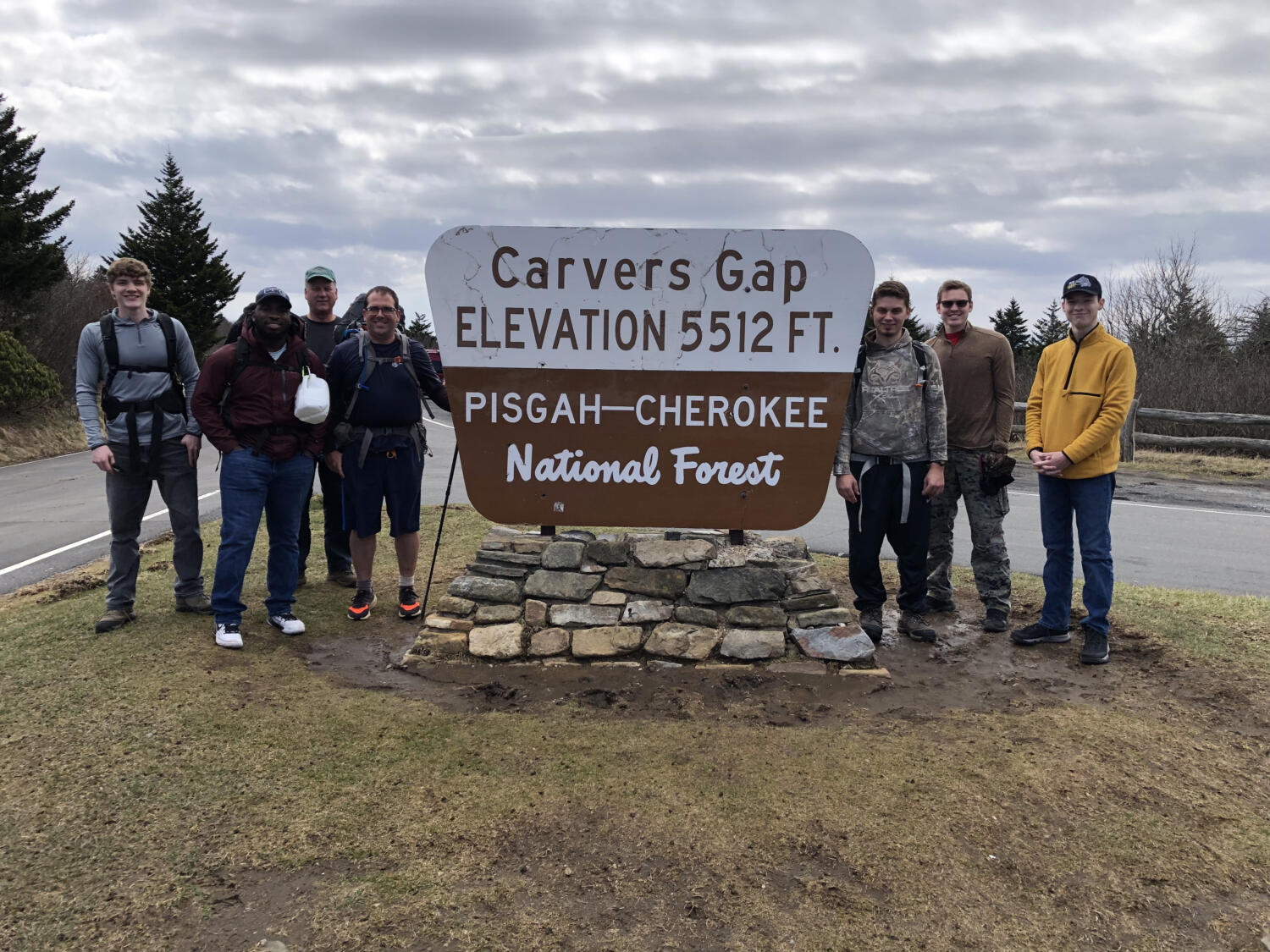Forum Summary: Skilled People Have Choices
Author: Juliette McNair | Student, Living Education Charlotte 2021
Estimated reading time: 2 minutes, 42 seconds.
Mr. Rick Stafford is the Regional Director of the Caribbean and Area Pastor of South Texas. After studying geology for two years at the University of Oregon, in 1965, Mr. Stafford enrolled at Ambassador College. At Ambassador, Mr. Armstrong encouraged the students to not only prove God’s existence and His Way of life but also to learn skills. Mr. Stafford discussed the importance of skills in the Living Ed Forum.
“God created us to work.”
God commanded man to work from Creation (Genesis 2:16-17). Parents ought to instill the value of work into their children at a young age. Mr. Stafford quoted an old Jewish proverb, “He who does not teach his son a trade teaches him to steal.” Traditionally, Jewish boys were taught some skill very early in their lives—often by the age of twelve. When pogroms and social persecution uprooted and relocated them, “they could take their skills with them.” This is especially important if you are Sabbath keeper.
Don’t be a square peg in a round hole.
When he attended Ambassador, Mr. Stafford had no idea what career he wanted. Yet, he explained this is normal. As young people mature, they discover their abilities and begin to harness them in their lives. “Find out what that ability is and get your interests behind it.” Align your interests and abilities, for “much of your happiness in life will depend on whether you’re a square peg in a round hole.”
“Whatever you’re doing, if you have a mindset that your work is a paid education, you will become skilled.”
Mr. Stafford advised the students to wholeheartedly catch their organization’s vision. Work must be one’s study and passion. “People are not just overnight successes. They’ve probably worked on that one thing for years.” Galatians 6:7 says, “Do not be deceived, God is not mocked; for whatever a man sows, that he will also reap.”Treat work like your ongoing education.
Career or job?
Mr. Stafford defined a career as “a pursuit of a lifelong ambition.” On the other hand, “a job is an activity in which an individual can earn money.” While a job is short-term and competitive and doesn’t require one to grow and adapt their skills, a career is long-term, secure, and requires one to hone their skills and talents and be flexible. A young person needs to build skills that apply to their life-long aims and not just earn money. “I’ve seen this too many times—young people who have wasted their youth. It is a time when you need to build your foundation.” Mr. Stafford said, “You’ll find your education wasn’t lost time.”
“You’ll never get to perfection,” Mr. Stafford wrapped up, “you’ll always be improving—so do it with all of your might. You are working for God using the talents He has given you to serve. Getting skilled and being diligent leads to a blessed, full and abundant life.”
Over the years, Mr. Stafford worked over thirty different jobs—from career counselor, sales engineer, and carpenter to cowboy in Colorado, roping, branding, and herding livestock. Yet, he said, he’s already submitted his request to God for his future work in the Kingdom. He said, “I want to be a tour guide, taking people to where no man has been and colonizing the universe!”
This post is part of our new series of student-written content for LivingEd-Charlotte. These summaries cover topics originally presented by our faculty and guest speakers in our weekly Forum and Assembly. For more Assembly-related content check out our Second Thoughts posts.









